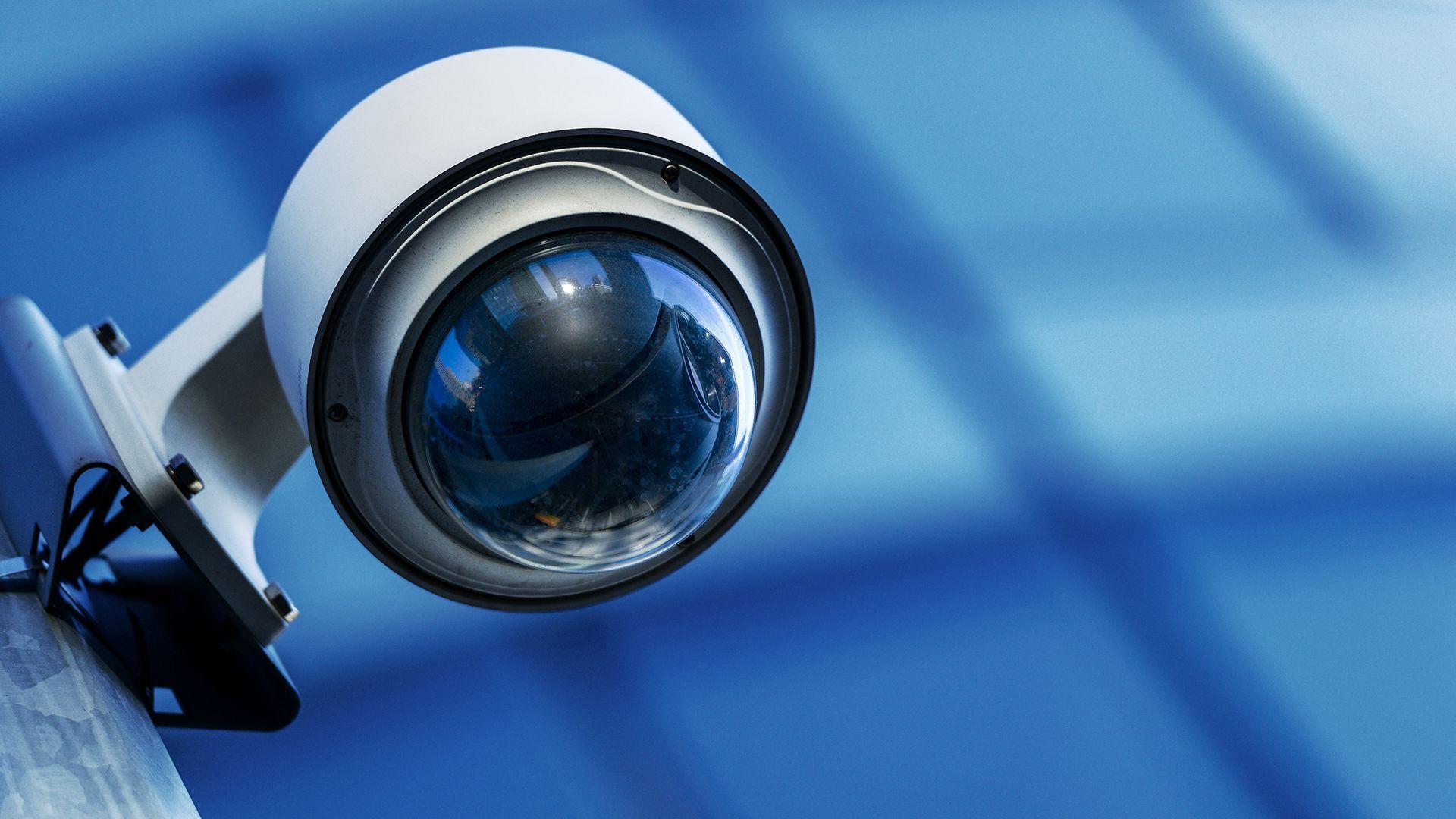
In today’s rapidly evolving world, security cameras have become an indispensable tool in safeguarding our homes, businesses, and public spaces. With their unblinking gaze, they act as vigilant sentinels, providing an added layer of protection and peace of mind. These technological marvels have revolutionized the way we ensure safety, allowing us to monitor surroundings, deter potential threats, and gather vital evidence when needed. As we delve into the realm of security cameras, we shall uncover their immense power, shedding light on their various applications, benefits, and the role they play in our modern society. So, join us as we peel back the layers and unmask the true potential of these watchful eyes that never blink.
The Evolution of Security Cameras
Security cameras have come a long way over the years, constantly evolving to meet the growing demands of surveillance and protection. These small, unblinking eyes, once limited in their capabilities, have now become powerful tools in the realm of security.
Initially, security cameras were simple and bulky devices, primarily used for observing areas in a fixed position. Their images were often grainy and lacked clarity, making it challenging to identify individuals or incidents accurately. However, with advancements in technology, security cameras have undergone a significant transformation.
As time progressed, security cameras began to incorporate more sophisticated features. The introduction of digital cameras allowed for higher resolution images, enabling clearer and more precise surveillance. Additionally, the integration of infrared night vision technology provided the ability to monitor areas even in complete darkness, further enhancing their effectiveness.
One of the most notable advancements in security camera technology is the advent of network cameras. These cameras can be connected to a network, allowing for remote monitoring and access to the footage from anywhere in the world. This breakthrough revolutionized the way security cameras are used, offering convenience and flexibility to users.
In conclusion, the evolution of security cameras has undoubtedly played a crucial role in enhancing the effectiveness of surveillance systems. From their humble beginnings as basic observers to the powerful and adaptable tools they are today, security cameras have proven to be an indispensable asset in maintaining safety and security.
Benefits of Using Security Cameras
Improved Security: Security cameras play a crucial role in enhancing safety and security in various settings. By monitoring and recording activities, they act as a deterrent to potential criminals. Their presence alone can discourage unlawful activities, ensuring the protection of individuals, properties, and valuable assets.
Crime Prevention: A major advantage of security cameras is their ability to prevent crime. With their constant surveillance, security cameras provide authorities with valuable evidence should any suspicious or criminal activities occur. This evidence can aid in investigations, leading to the apprehension and prosecution of perpetrators, ultimately reducing crime rates in the area.
24/7 Monitoring: Security cameras ensure round-the-clock monitoring, eliminating the need for human surveillance at all times. They can be set up to record and capture footage continuously, providing real-time information and documentation of events. This constant monitoring allows for immediate response and action in case of emergencies or unusual incidents.
Enhanced Public Safety: The presence of security cameras in public spaces promotes a sense of safety among the community. People are more likely to feel secure knowing that their surroundings are being monitored and that authorities can quickly respond to any potential threats or emergencies. This increased public safety leads to a more harmonious and peaceful environment for everyone.
Protection of Businesses: Security cameras are particularly beneficial for businesses, as they help reduce theft, vandalism, and employee misconduct. By continuously monitoring premises, they create a deterrent effect and significantly lower the risk of criminal activities, ensuring the smooth operation and profitability of businesses.
What Is A Secuirty Risk Assessment
Overall, security cameras offer a wide range of benefits, such as improved security, crime prevention, 24/7 monitoring, enhanced public safety, and protection for businesses. Their contribution to maintaining a secure environment cannot be overlooked, making them an essential tool in today’s world.
Privacy Concerns and Ethical Considerations
As we delve deeper into the realm of security cameras, it is crucial to address the lingering concerns about privacy and ethical considerations. With these powerful surveillance tools becoming increasingly commonplace in our communities, it is essential to question their impact on personal privacy.
The pervasive presence of security cameras poses a valid argument surrounding the invasion of privacy. These cameras constantly monitor public spaces, capturing the movements and actions of individuals without their consent. The risk of this constant observation is the potential for abuse, as private moments and sensitive information may be captured without warning or discretion.
Moreover, the issue of retaining and storing the data collected by security cameras raises ethical considerations. While the intention behind these cameras is to enhance public safety, there is a fine balance between effective surveillance and excessive monitoring. If not properly regulated, the storage and use of this data could infringe upon individual rights to privacy.
In light of these concerns, it is important to establish clear guidelines and regulations regarding the application of security cameras. Striking a balance between public safety and personal privacy is essential to maintain the trust of individuals within a society. Robust legislation and oversight are necessary to ensure that the use of security cameras remains within ethical bounds and respects the privacy of citizens.
In conclusion, the widespread use of security cameras raises valid worries regarding privacy intrusion and ethical considerations. Proactive measures must be taken to address these concerns and strike a delicate balance between public safety and individual privacy. Only through thoughtful regulation and responsible use can we harness the power of security cameras while respecting the fundamental rights and freedoms of every individual.
